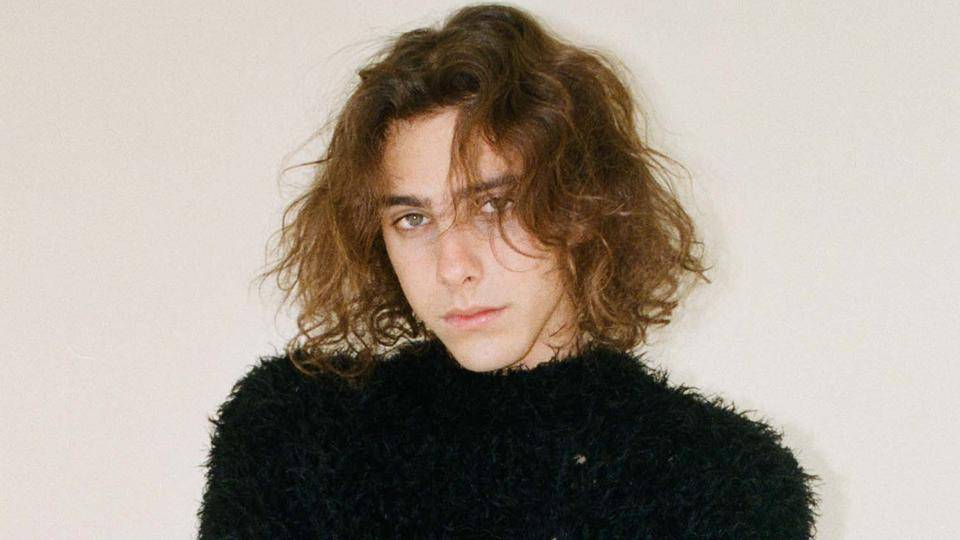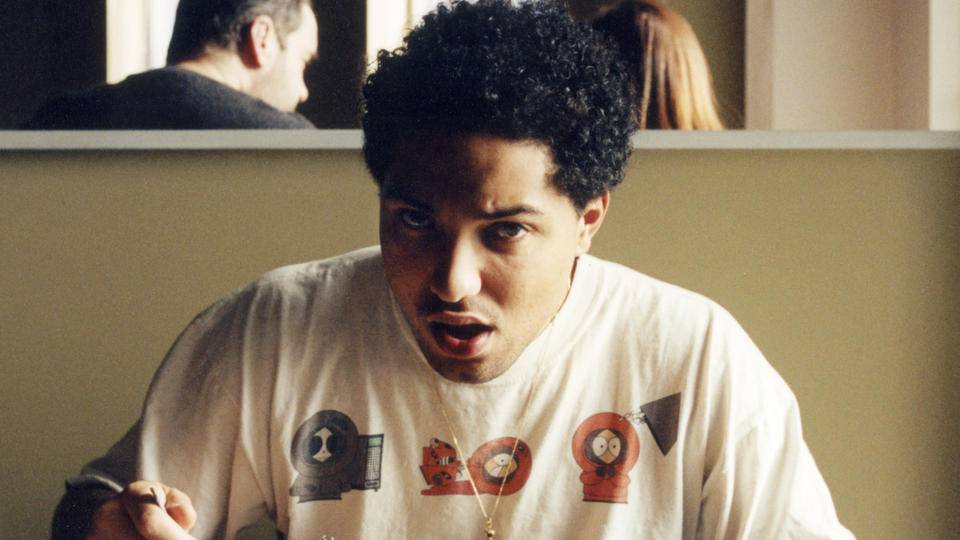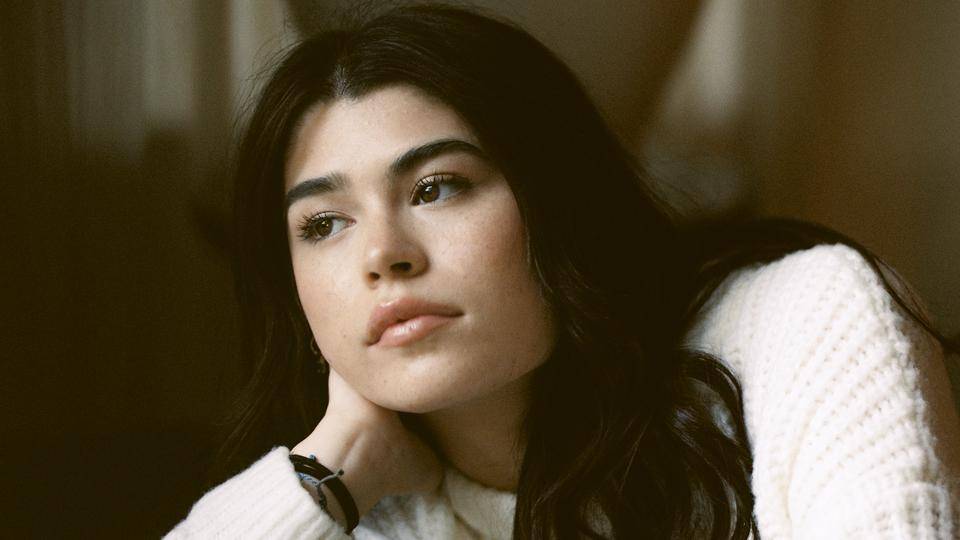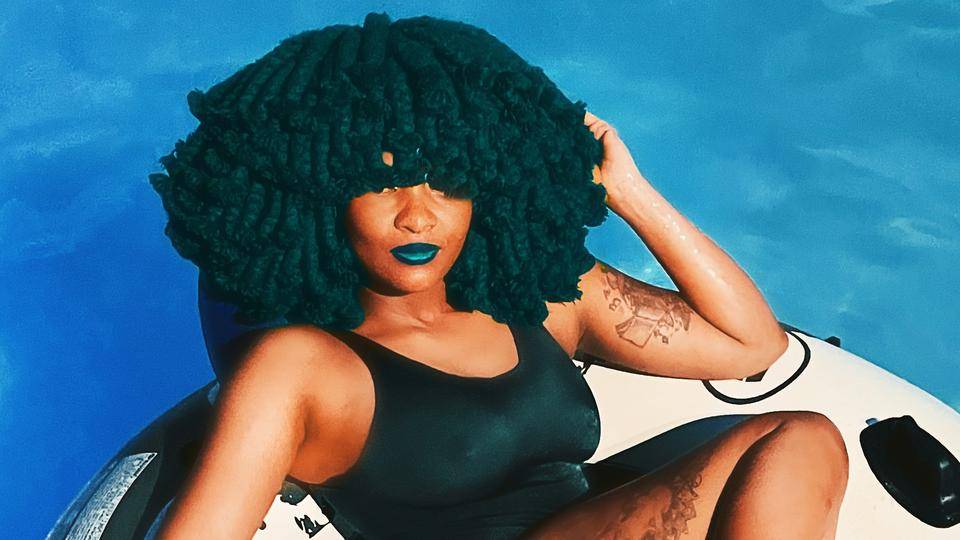Ore: How Being Black Affected My Relationship With Film

Growing up, I was surrounded almost exclusively by black people. My family was black, my friends were black, my church was black. Subconsciously, I was never really exposed to the idea that being black meant that I was a minority. So much so that I didn’t, and almost couldn’t, recognise my blackness. It was just the norm – it was all I’d seen, all I’d experienced, and so it didn’t make sense to make a song and dance about it.
'10 Brits share their earliest memories of growing up black...'
But then I moved areas early on in primary school, and everything changed. Suddenly, I was one of seven black students, in a year group of fifty. My hair was touched, my inability to catch a tan in summer was examined, and my blackness was brought to the forefront of everything. Quite quickly I was made forcibly aware of my blackness and I started to see it in everything. In particular, in music and film.
Now, music, I was fine. Every little girl in school wanted to be Beyoncé, and out of all the white girls it only made sense for me to get first pick of Destiny’s Child verses. I was introducing my peers to the newest songs, and I was the only person in school that watched Channel U so I was the cool one that could effortlessly recite bars for everybody. Music, I was sorted.
Film, though, was different. I’ve always loved films, and still have blurred memories of my dad taking my sister and I to the cinema to watch 'Harry Potter and the Philosopher’s Stone'. I spent my younger years sourcing and watching classics that definitely weren’t for my age group in order to solidify my love for film and the industry (I was about 10 when I watched 'The Godfather 'for the first time because I’d seen it mentioned as a must-watch in a magazine list somewhere).
Then I moved to secondary school. Armed for the inevitable ice-breaker sessions, I professed my love for film. I was met with, “Is it - have you watched 'Love and Basketball'?”
I hadn’t – and I was met with shock and disdain.
And in that moment, I didn’t know what to do with myself.
They started reeling off a list of classic films that ‘everyone’ was ‘supposed’ to have watched by now, and I hadn’t watched any of them.
It took me a while to understand and, because we were only 11, I assumed it couldn’t have run that deep. But thinking back, I can see that they thought I’d done my blackness a disservice. To them, it seemed as if there was this range of films created specifically for me in mind, and yet I’d overlooked them. I’d chosen the side that didn’t acknowledge or appreciate me, but I’d ignored the films that put people like me in the spotlight. My reaction was two-fold. Clearly I was rattled, because over the next couple of weeks I binge-watched all the black films I could pick up in that conversation – 'Waiting to Exhale',' Best Man’s Wedding' and others.
Then I watched a Madea film, and I didn’t like it. I was thrown into major stress mode. Was I going to get kicked out of the club I’d just joined? The club I’d worked so hard to get into?
Long story short, I wasn’t kicked out of the club. Not because they agreed that Madea films are terrible (sorry Tyler Perry), but because the club doesn’t really exist. It’s not real. I tried so hard to change myself when I really didn’t need to. Because, despite what my fellow 11-year-olds said, it’s okay to have not watched 'Baby Boy' a million times. It’s okay that the first time I encountered Mekhi Phifer was as Jessica Alba’s love interest in the dance film 'Honey', rather than as Mitch in 'Paid in Full'.
Because with age I’ve realised that the pressure on me as a black girl to support certain films came from a good place, but that it’s actually quite a dangerous rhetoric. It ceases to acknowledge that I’d only watched “white films” up until a certain age because they were the ones with big budgets and extensive press coverage. It takes the weight of systematic racism within Hollywood and the underrepresentation of ethnic minorities in big-budget movies, and places it on the shoulders of 11-year-old black girls who just want to enjoy good films.
And that isn’t fair. Because, in the same way that we rely on film to tell a character’s story, we need to let everybody live their own. And if that means regarding 'The Italian Job' as your favourite heist film because you still haven’t actually seen 'Set It Off', then so be it.





